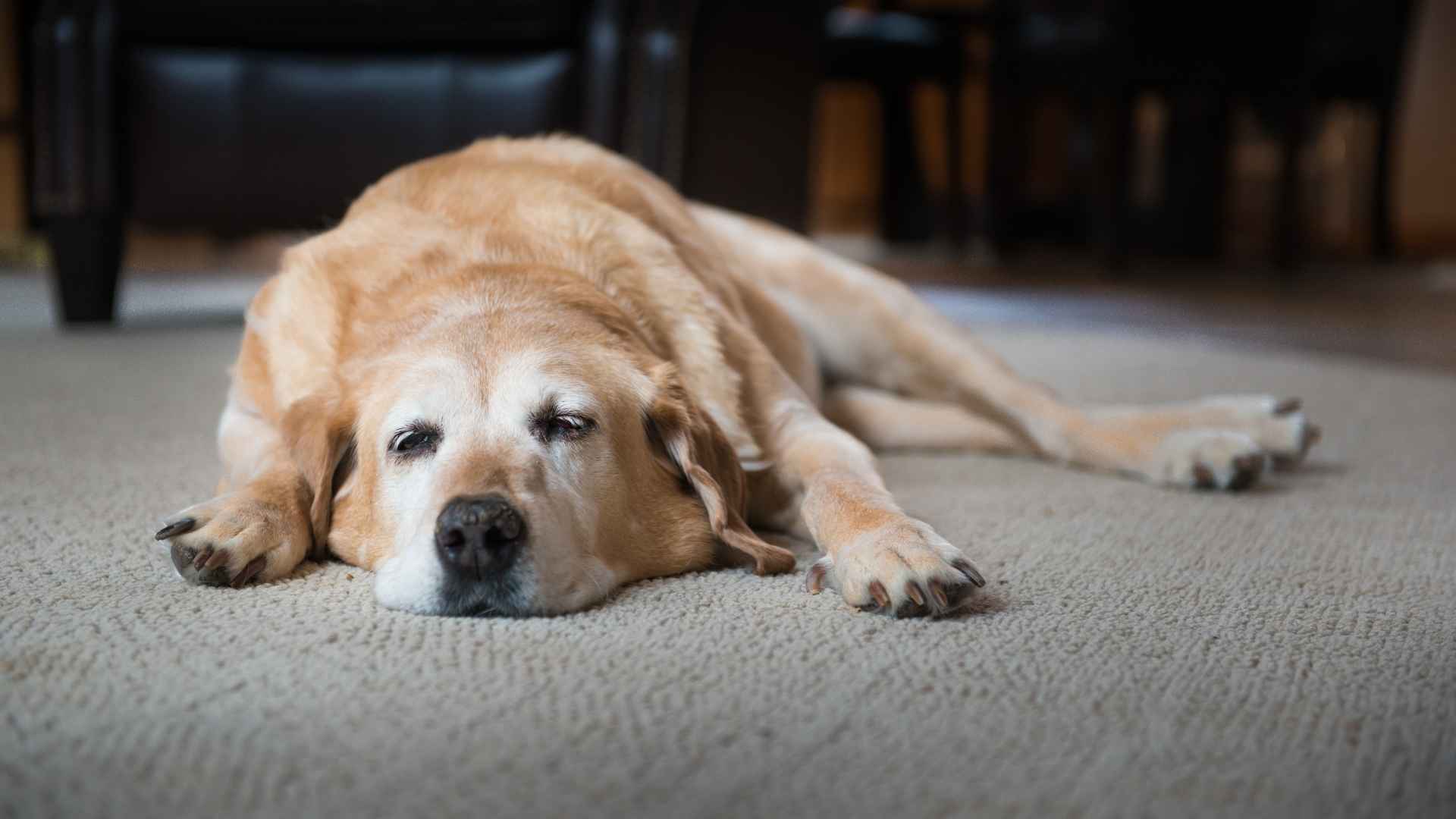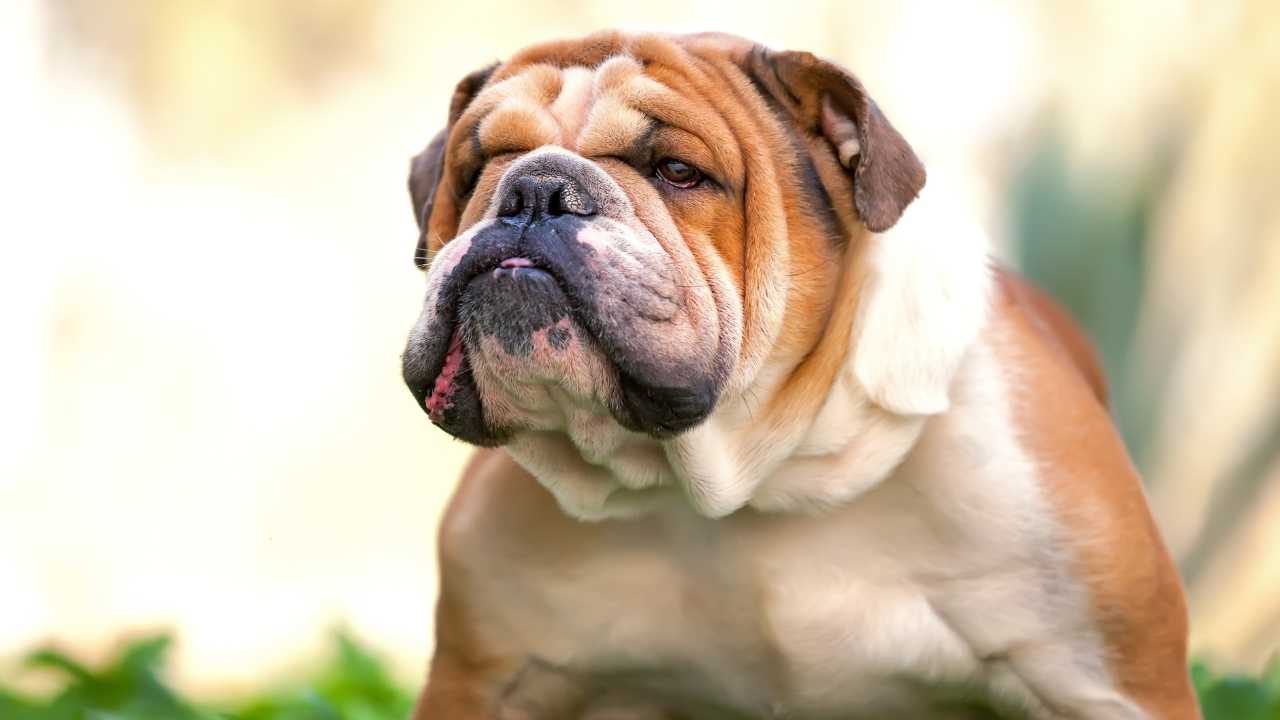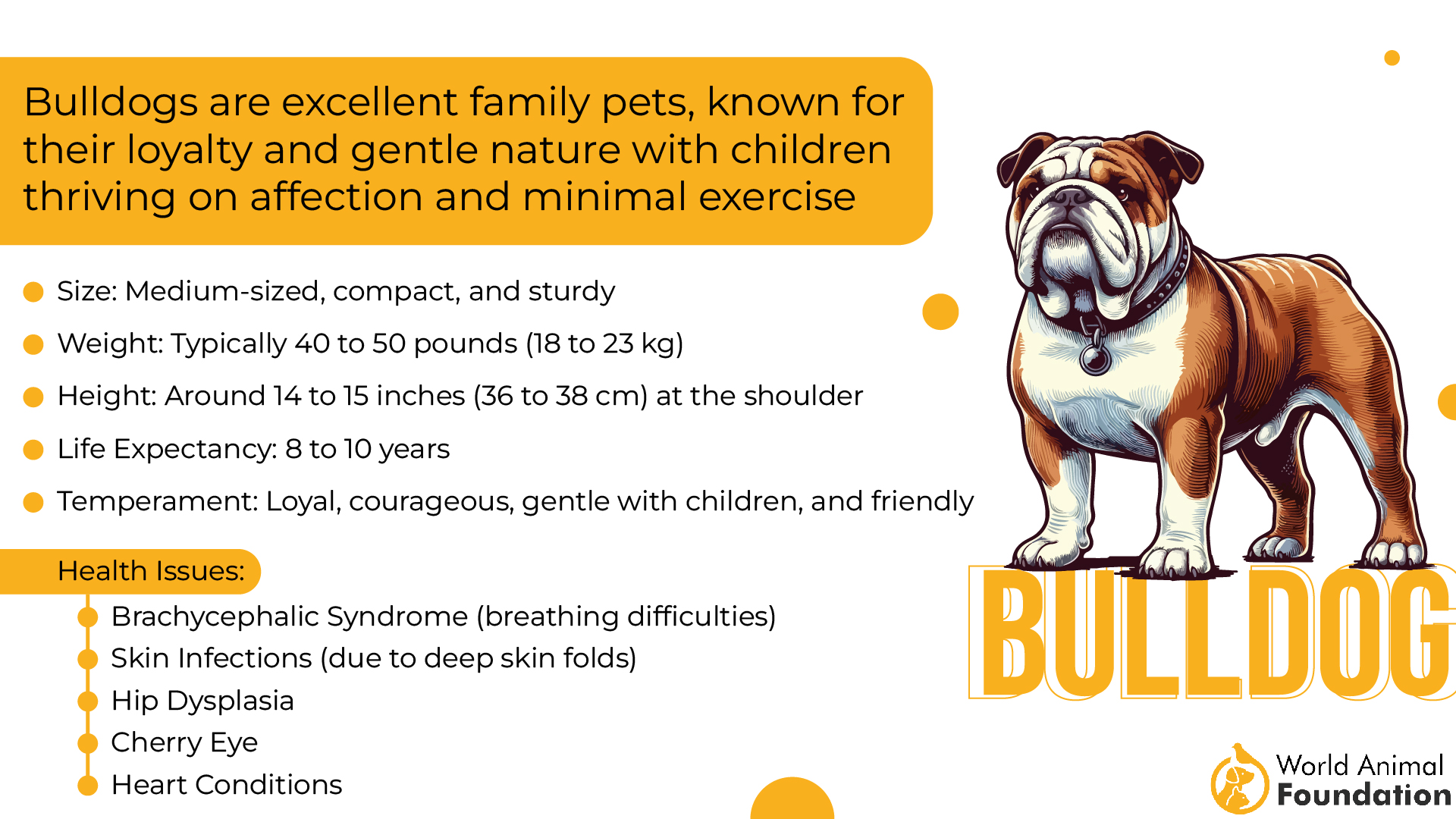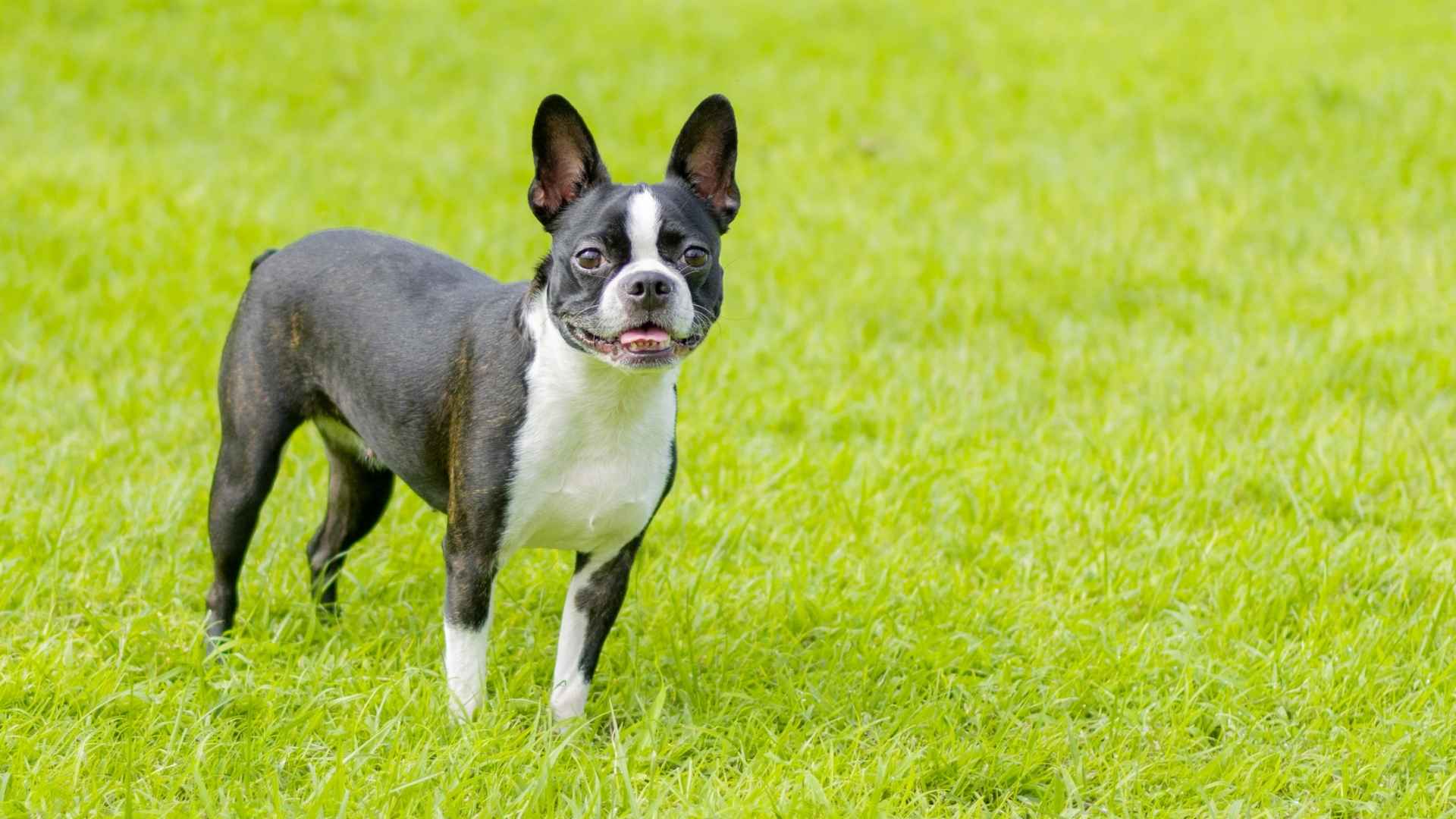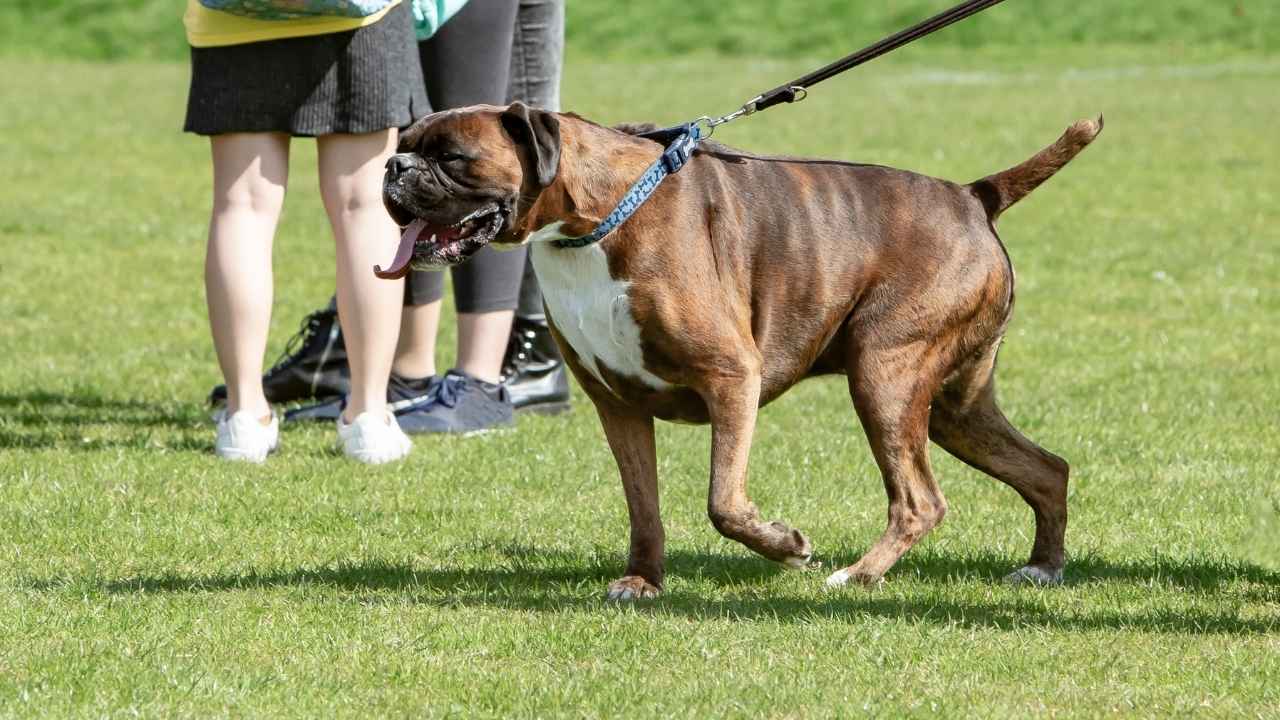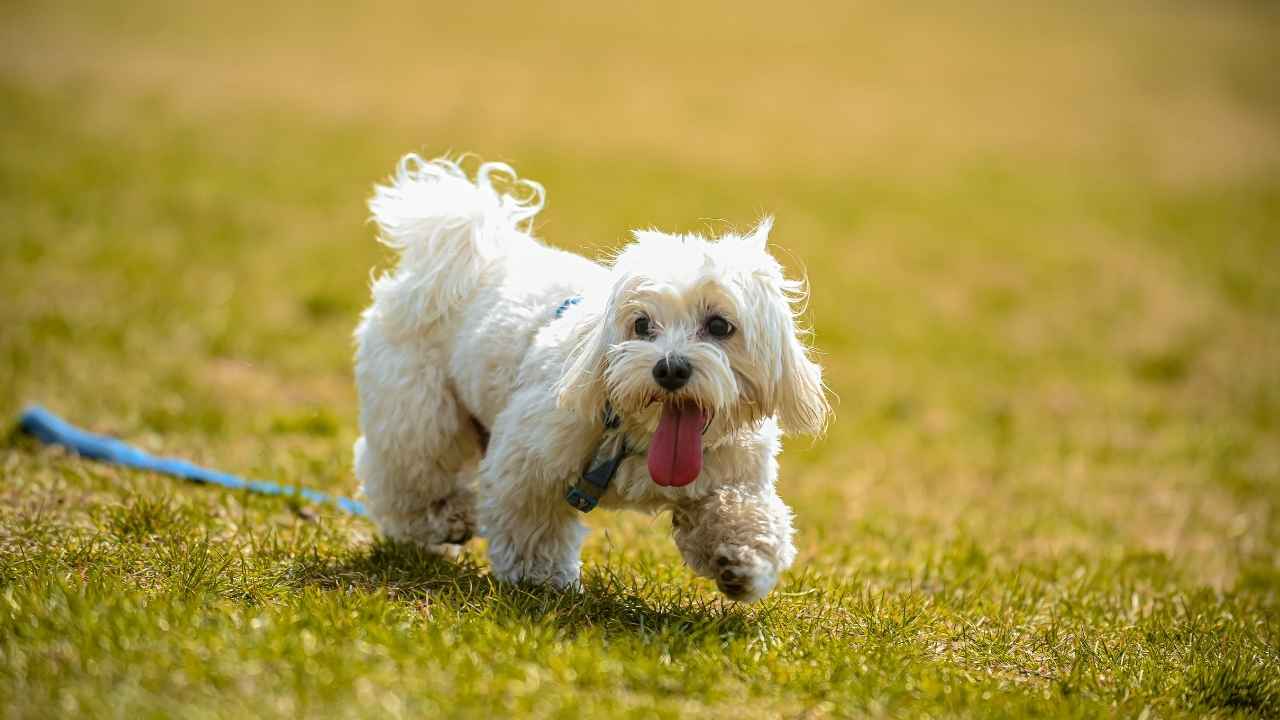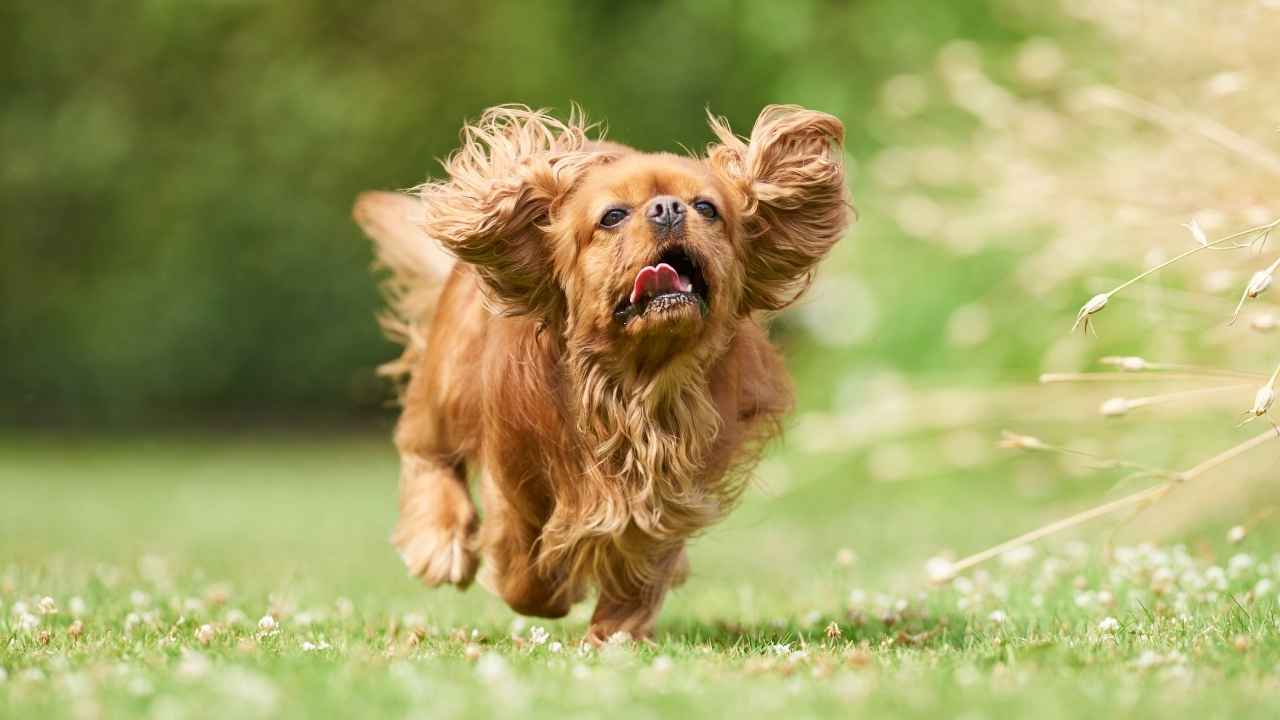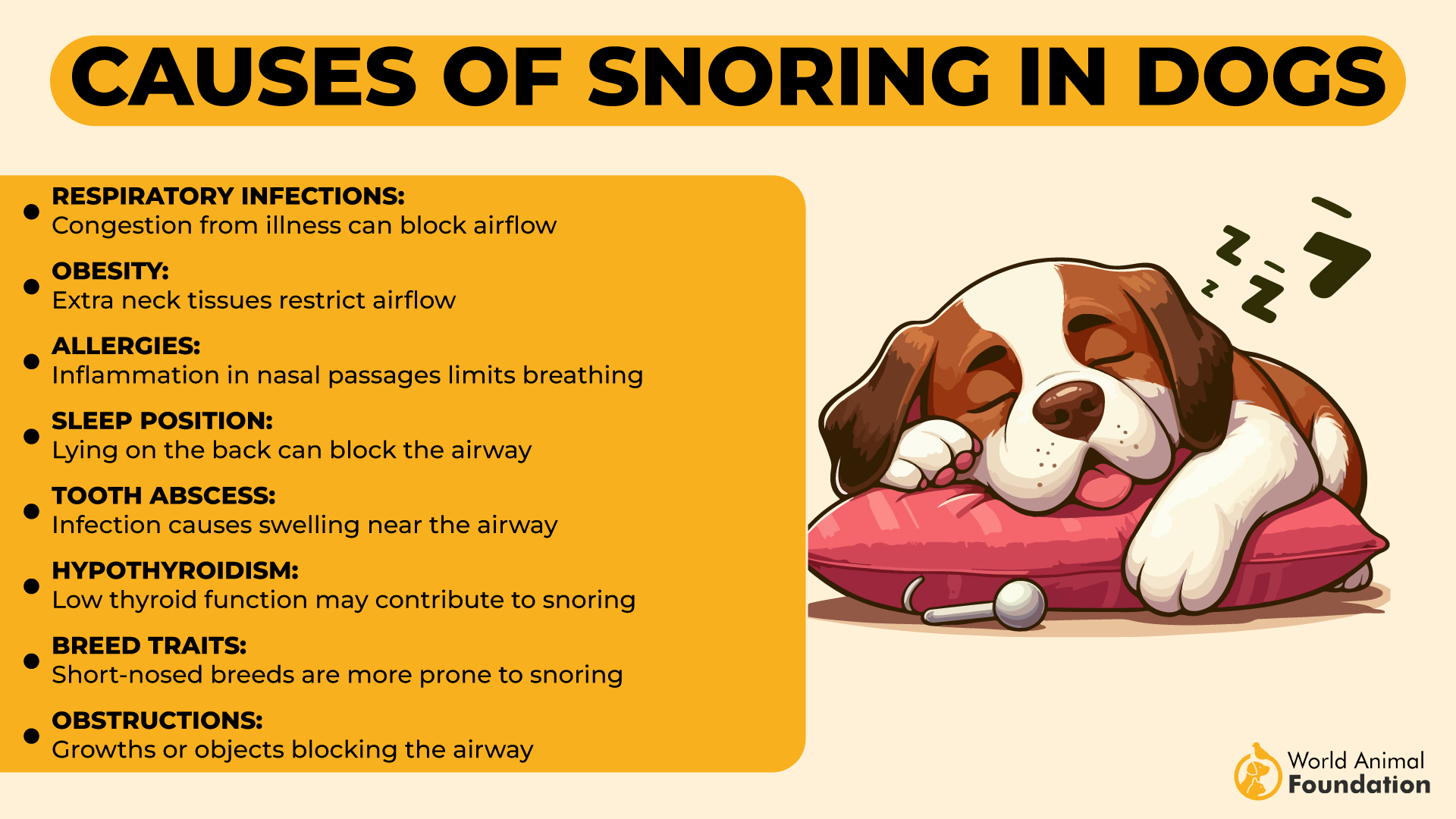As wildfires increasingly threaten communities, it’s not just humans who endure the consequences; our canine companions are also at risk. While all dogs can be affected by wildfire smoke, certain breeds are particularly sensitive due to their respiratory structure or preexisting health conditions. Understanding these breeds’ vulnerabilities is crucial for pet owners who want to protect their furry friends from the harmful effects of smoke inhalation. In this article, we delve into the top seven dog breeds most sensitive to wildfire smoke, offering insights into their unique susceptibilities and providing essential tips to safeguard their well-being during wildfire season.
The devastating LA wildfires were a heartbreaking reminder of how destructive and far-reaching fires can be. Countless homes were lost, lives were tragically cut short, and animals—both wild and domestic—suffered greatly. While we often focus on the immediate dangers of fire, the lingering effects of smoke are just as harmful, especially to our beloved dogs.
Wildfire smoke carries toxic chemicals and soot that can wreak havoc on a dog’s respiratory system, leading to oxygen deprivation, difficulty breathing, irritated eyes, and severe coughing or wheezing. For some breeds, their natural sensitivity or physical traits make them even more vulnerable to these dangers.
This raises an important question: Are some dogs more affected by wildfire smoke than others? The answer is yes. Let’s take a closer look at 7 dog breeds that are particularly sensitive to wildfire smoke and what makes them so vulnerable.
Dog Breeds Most Sensitive to Wildfire Smoke
1. Pug
The Pug, an ancient breed with origins in China over 2,000 years ago, has long been adored for its charm and playful personality. Known for their friendly nature, Pugs thrive on attention and love being part of their family’s daily life. However, their unique physical features, often celebrated as “cute,” can make them more vulnerable to health challenges.
As a brachycephalic breed, Pugs have flat faces, short muzzles, and narrow airways, which cause them to work harder to breathe. This makes them particularly sensitive to smoke from wildfires and unsuitable for regions prone to such events. Their compact build and respiratory challenges also mean they struggle in hot climates and with strenuous activity.
PetMD notes that Pugs are best suited to indoor living, with short, controlled outdoor adventures. Pet parents should monitor them closely for signs of respiratory distress or overheating to keep them healthy and happy.
2. French Bulldog
French Bulldogs, known for their affectionate and playful nature, are beloved companions, but their unique physical traits also make them particularly sensitive to wildfire smoke. As a brachycephalic breed, their short noses and flat faces make breathing more difficult, especially when air quality is poor. Their shortened airways struggle to filter out harmful particles, leaving them more prone to respiratory symptoms when exposed to smoke or other airborne irritants.
To protect French Bulldogs, maintain a cool, smoke-free home and consider using air purifiers to improve air quality. During wildfire season, avoid outdoor activities when air pollution is high and opt for indoor play in well-ventilated spaces.
According to Central Orange County Emergency Vets, always exercise them during cooler times of the day, such as early morning or evening, and avoid situations that could lead to overexertion. While these charming dogs are loyal and loving companions, their health requires thoughtful care, especially in environments with potential wildfire smoke exposure.
3. Bulldog
Bulldogs, with their sweet and easygoing nature, are beloved companions for families and individuals seeking a loyal, laid-back pet. However, their brachycephalic facial structure—characterized by a short snout, elongated soft palate, and narrowed trachea—makes them more prone to breathing difficulties. This can result in snoring, wheezing, and labored breathing, especially during exercise, in hot weather, or when air quality is poor.
According to Cornell University, short-muzzled breeds like Bulldogs are particularly vulnerable to smoke and poor air quality. To keep them safe during such conditions, limit their outdoor time to bathroom breaks, keep windows and doors closed, and use air purifiers to maintain clean indoor air. Avoid strenuous activities like running or hiking until air quality improves.
Despite these challenges, Bulldogs are affectionate and people-oriented, thriving in homes with attentive owners who understand their needs. Their gentle temperament makes them wonderful with children and other pets, although they may show aggression toward unfamiliar dogs. With proper care, Bulldogs make loving and devoted companions.
4. Boston Terrier
Boston Terriers, known for their affectionate and playful nature, are wonderful companions that adapt well to family life and apartment living. However, their sensitivity to smoke can pose challenges, especially in areas prone to wildfires.
Smoke exposure can irritate their skin and eyes, potentially causing redness, dermatitis, and other health concerns. Additionally, Boston Terriers’ flat faces make them more vulnerable to breathing difficulties, particularly in poor air quality or hot weather.
These dogs are prone to allergies from smoke, pollen, dust mites, and mold, requiring pet parents to take extra precautions to keep their environment clean. Limiting exposure to smoke, maintaining good indoor air quality, and monitoring their health during wildfire seasons are essential to their well-being. Despite their sensitivities, Boston Terriers remain a delightful and adaptable choice for families ready to provide the care they need.
5. Boxer
Boxers, known for their playful and energetic nature, are loyal companions who thrive on being close to their families. However, their short faces make them prone to breathing difficulties due to brachycephalic obstructive airway syndrome (BOAS). This occurs because their facial bones are shortened, but the soft tissues remain proportionally larger, often blocking their airways and making it harder for them to breathe.
Their narrow nostrils and elongated soft palate further restrict airflow, making Boxers more vulnerable to overheating and struggling in smoky environments. During wildfire seasons, it’s important to limit their exposure to poor air quality and keep them cool.
Despite these challenges, Boxers are protective, affectionate, and intelligent dogs that form deep bonds with their families, making them wonderful companions when cared for with attention to their unique needs.
6. Shih Tzu
Shih Tzus, with their affectionate and playful personalities, make excellent companions for families and individuals alike. However, their thick coats and flat faces make them more vulnerable to challenges like wildfire smoke.
As a brachycephalic breed, Shih Tzus often struggle with breathing, and smoky air can irritate their lungs, trigger coughing, or worsen conditions like asthma. Smoke can also cause skin irritation and allergies in Shih Tzus, making proper care essential.
Regular grooming and trimming their coats during hotter months can help prevent overheating and keep them comfortable. Despite these sensitivities, Shih Tzus remain loyal and loving pets for those willing to provide the extra care they need to stay healthy and happy.
7. Cavalier King Charles Spaniel
Cavalier King Charles Spaniels are affectionate and family-oriented dogs, known for their constantly wagging tails and love of cuddles. WebMD adds they bond closely with their families and are especially great with children, though supervision is recommended around younger kids to ensure safe and gentle interactions.
However, their flat faces make them a brachycephalic breed, which can lead to breathing difficulties. Issues like a long soft palate, narrow nostrils, and even a collapsed trachea can result in labored breathing, snoring, and limited exercise tolerance.
This makes them particularly sensitive to smoky air, so minimizing exposure during wildfire seasons is crucial. Despite their sensitivities, Cavaliers remain loyal and loving companions, perfect for families ready to provide them with the care and attention they need.
Conclusion
Protecting animals during wildfire season requires extra vigilance, especially for dog breeds sensitive to smoke inhalation. When pets experience poor air quality, it’s essential to keep them indoors with windows shut to minimize exposure to toxic gases like carbon monoxide and carbon dioxide. Common symptoms of smoke inhalation, such as coughing, irritated eyes, or trouble breathing, can escalate into more severe symptoms if left untreated.
For severe smoke inhalation or signs affecting the respiratory tract, seek emergency care immediately. Treatment options like oxygen therapy can stabilize oxygen levels and aid your pet’s recovery. Avoid long walks during high smoke exposure days, and always monitor your dog for the following symptoms: labored breathing, lethargy, or wheezing. By taking these steps, you can help ensure your pet’s safety and health during wildfire season.
In conclusion, understanding the sensitivity of certain dog breeds to wildfire smoke is crucial for ensuring their health and well-being during such environmental hazards. Breeds with brachycephalic features, like Bulldogs and Pugs, or those with pre-existing respiratory conditions, are particularly vulnerable. Owners should take preventive measures such as minimizing outdoor activities during poor air quality, using air purifiers indoors, and seeking veterinary advice when necessary. By being proactive, pet owners can mitigate health risks for their dogs and ensure they remain safe and comfortable even amidst challenging conditions like wildfire smoke.

